If I Had Taught Dave Rubin Math
by Lisa VanDamme
In his discussion of education with Michaela Community School headmistress Katharine Birbalsingh, Dave Rubin recalled the story of a painful experience he suffered in junior high math. He was given a division assignment, which he completed (getting all the answers right) by doing the problems in his head. His reward was a zero, and that ever-dreaded refrain of math teachers: “You have to show your work.”
Over the years, countless people have shared with me variations on this trauma, saying, as Dave did, that it turned them off to math thereafter. And many have arrived at his same conclusion: “We all learn differently, and we need teachers that can embrace the way you do it, and not just jam it down your throat.”
In his discussion with Ms. Birbalsingh, this reflection led to a brief moment of awkwardness, as he realized that she might take the side of the teacher and dismiss his attitude as the “progressive” nonsense she rails against. And, with cautious respectfulness, she sort of did. She said that had he attended her school Michaela, the trauma would have been avoided, because he would have been taught properly, in a disciplined environment, and would have known how to show his work. It’s a fair point, but I would have come at the issue a little differently. I would have explained the following.
Had I been Dave’s math teacher, I would have felt and expressed a warm, sincere admiration for his ability to do the work in his head. I would have demonstrated for him examples of interesting problems in which all of us hit up against mental-math limits. I would have worked to persuade him of the real value, to him, of showing his work. And I would have stressed that this had nothing to do with grades (or college, or even career), and everything to do with the development of his own intellectual powers.
This comes from the following perspective, which I find few teachers have, and which I think contains the solution to Dave’s math class trauma. Educators must be clearly conscious of the purpose of their subject and its value to the student, and must act as wise and supportive mentors focused on the cultivation of that knowledge in the mind of the individual child.
Instead, teachers typically fall in one of two camps. They take the side of the rule-enforcing teacher or that of the rule-challenging child, because they subscribe to one or the other alternative in a false dichotomy that dominates education today. That dichotomy was captured well in Dave’s spontaneous summary: “embrace the way you do it” or “jam it down your throat.”
On one side we have the “traditional,” “academic” schools, schools that place a premium on “facts” and “knowledge,” that offer a rule-bound and memorization-driven curriculum, and that typically come with an authoritarian disciplinary environment. On the other, we have schools that emphasize the importance of “creativity” and “individual expression,” that champion “play-based” and “project” learning, and that strive for an anti-authoritarian environment in which children are given “a voice.”
This is an oversimplification, of course, and I feel sure that Michaela does not fall squarely in either category. But after years of running a school that exists in defiant rebellion against this false alternative, I can attest that there are few schools meaningfully outside this dual-compartmented box.
To explain what I believe is the answer to this false dichotomy is an enormously complex topic, but let me at least give an indication of it.
Academic subjects should be taught not because they are traditional or because of their end-in-themselves rigors, nor should core subjects be abandoned in favor of “self-directed” and “child-centered” learning. They should be taught because understanding them is necessary for a child to have a rich, fulfilled, and efficacious life. History, for example, allows us to see on a grand scale what has undermined and what has contributed to human flourishing; science allows us to understand the power of reason to explain the operation of the physical world and to harness its powers; literature allows us to learn from the greatest minds across time how to observe more astutely, to value more deeply, and to feel more intensely than we knew possible.
These academic subjects should not be delivered in the form of “facts” to be memorized, nor should they be abandoned in favor of fostering the child’s “creativity” and “critical thinking.” The ability to reason independently cannot spontaneously emerge out of rote learning, and, equally important, uninformed thought cannot be meaningfully “critical” or “creative.”
The interaction between teacher and student should neither be one of an authoritarian emphasis of rules, nor a hands-off encouragement of the child’s self-chosen path. If we believe passionately in the value of our subjects to the child’s life, we should be committed both to insisting that the subject is learned, and to observing carefully what it takes to nurture that learning in the individual.
Despite the entrenchment of this false alternative, I have hope for the future of education, thanks in no small part to the efforts of Dave Rubin himself and others like him: to promote critical thought and expose false dichotomies, to identify the roots of human flourishing, to model patient and respectful communication, and to extoll the value of meticulous, thoughtful, informed reasoning. These are the values that would have forestalled his bad experience in math, and these are the values that need to characterize our schools.


